BECOMING VEGAN
EXPRESS EDITION
the everyday guide to plant-based nutrition
Brenda Davis, RD
Vesanto Melina, MS, RD
BOOK PUBLISHING COMPANY
Summertown, Tennessee
Library of Congress Cataloging-in-Publication Data
Davis, Brenda, 1959
Becoming vegan express edition / Brenda Davis, RD, Vesanto Melina, MS, RD.
pages cm
Includes bibliographical references and index.
ISBN 978-1-57067-295-8 (pbk.) ISBN 978-1-57067-903-2 (e-book)
1. VegetarianismHealth aspects 2. Vegetarianism. 3. Vegetarian cooking. I. Melina, Vesanto, 1942 II. Title.
RM236.D36 2013
641.5'636dc23
2013023875
To the visionaries before us and beside us, who have dedicated their lives to making this world a kinder, gentler place:
 Donald Watson, Dr. Frey Ellis, and the founders of the vegan movement
Donald Watson, Dr. Frey Ellis, and the founders of the vegan movement
 Jay and Freya Dinshah and others who started vegan organizations throughout the world
Jay and Freya Dinshah and others who started vegan organizations throughout the world
 Bob and Cynthia Holzapfel and the hundreds of courageous plant-based pioneers at The Farm
Bob and Cynthia Holzapfel and the hundreds of courageous plant-based pioneers at The Farm
 Albert Schweitzer, John Robbins, Jane Goodall, and all those who have guided our paths to compassion
Albert Schweitzer, John Robbins, Jane Goodall, and all those who have guided our paths to compassion
 Michael Klaper, Neal Barnard, Michael Greger, and the many physicians who have dedicated their lives to guiding others toward healthful vegan lifestyles
Michael Klaper, Neal Barnard, Michael Greger, and the many physicians who have dedicated their lives to guiding others toward healthful vegan lifestyles
 Virginia Messina, Reed Mangels, Sue Havala, Jack Norris, George Eisman, and the countless dietitians who laid the foundations of vegan dietary wisdom
Virginia Messina, Reed Mangels, Sue Havala, Jack Norris, George Eisman, and the countless dietitians who laid the foundations of vegan dietary wisdom
Cover art: Julia Ruffles
Cover and interior design: John Wincek
2013 Brenda Davis and Vesanto Melina
All rights reserved. No portion of this book may be reproduced by any means whatsoever, except for brief quotations in reviews, without written permission from the publisher.
Printed in Canada
Book Publishing Company
P.O. Box 99
Summertown, TN 38483
888-260-8458
bookpubco.com
ISBN 13: 978-1-57067-295-8
19 18 17 16 15 14 13 1 2 3 4 5 6 7 8 9
Printed on recycled paper
Book Publishing Co. is a member of Green Press Initiative. We chose to print this title on paper with postconsumer recycled content, processed without chlorine, which saved the following natural resources:
112 trees
3,509 pounds of solid waste
52,408 gallons of water
9,663 pounds of greenhouse gases
50 million BTU of energy
For more information, visit greenpressinitiative.org.
Paper calculations from Environmental Defense
Paper Calculator, edf.org/papercalculator.

CONTENTS
ACKNOWLEDGMENTS
We are most grateful for our brilliant and dedicated colleagues at the Book Publishing Company, including publisher Bob Holzapfel; editors Cynthia Holzapfel, Carol Lorente, and Jasmine Star; and the marketing and support team, Anna Pope, Thomas Hupp, and Liz Murray.
Our deepest thanks go to the insightful vegan professionals who provided invaluable feedback on sections or chapters: Michael Greger, Reed Mangels, Jack Norris, Ginny Messina, Paul Shapiro, Mark Rivkin, Andrea Frisque, Heather Waxman, and James Chicalo.
We are indebted to colleagues and friends who took the time to offer support, inspiration, or thoughtful commentary: Margie Roswell, Carolyn Johnston, Margie Colclough, Daneen Agecoutey, and Angelina Rogon.
We appreciate the supportive energy of our research assistants: Renee Webb-Pelchat, Deanna Ibbitson, Carole Douglas, Katherine Jassman, Hana Tahae, and Cory Davis (Brendas cherished son).
Many thanks for the time and expertise of our gracious advisors: Dr. Luciana Baroni, Dr. Winston Craig, Dr. Michael Klaper, Dr. Paul Appleby, Dr. Joe Millward, Dr. Melvin H. Williams, Dr. Ricardo Uauy, Dr. Ailsa Welch, Dr. Jagoda Ambroszkiewicz, Dr. Undurti N. Das, John Davis, and Freya Dinshah. We also thank Vesantos son Xoph Crawford for his insights about food and healing. Thanks to young parents Kavyo Crawford (Vesantos dear daughter), Stefan Shielke, Stephanie Weisner, Ian Hubbard, Kayla Vierling, and Aime and Daniel Lindenberger.
Boundless love and gratitude to our partners, Paul Davis and Cam Dor, for their continued dedication and support. Special thanks to Cam for his brilliant and ongoing assistance with technical challenges.
Photographic credits and appreciation to Kevin Trowbridge (kevintrowbridge.com) and his assistant Katherine Trowbridge.
We are also grateful to those who generously shared their excellent products for recipe testing: Kelly Saunderson of Manitoba Harvest (hempseeds), Omega Nutrition (quality oils), Natures Path Foods, and Adeline Cheong of LeSaffre Yeast Corporation (Red Star Vegetarian Support Formula nutritional yeast). We also thank ESHA Research for their fine nutritional analysis program, the Food Processor.
CHAPTER
Widening the Circle of Compassion

It takes immense inner strength and courage to oppose the status quo. Yet if people hadnt risen up against social injustice, women wouldnt have the vote, the poor would have remained uneducated, and slavery would be legal. What does social justice have to do with a vegan lifestyle? Nothing, if you regard animals as resources; everything, if you recognize them as sentient beings.
It is possible that the greatest social injustice of our time is committed not against our fellow human beings but against our fellow nonhuman beings. Becoming vegan is about taking a stand against this injustice.
Vegan Awakenings
The seeds of vegan ethics were sown by philosophers and spiritual leaders in the East and spread in the West by the sixth-century Greek philosopher and mathematician Pythagoras, who shunned the consumption of animal flesh and directed his followers to do the same. While many other legendary thinkers, including Plato, Plutarch, Seneca, Ovid, and Socrates, followed suit, it wasnt until the mid-1800s that the moral roots of vegetarianism were firmly established in Western culture. The epicenter was England, and the driving forces were moral leaders of select Christian churches. While the movement was becoming wellgrounded in the West, its influence was limited when contrasted with the practices and teachings of the East, where Buddhism, Jainism, and Hinduism emphasized compassion toward animals and vegetarianism as a part of their core doctrines.
The word vegetarian was coined by the founders of the British Vegetarian Society in 1842. The word has nothing to do with vegetables and actually comes from the Latin word vegetus, which means lively, fresh, and vigorous. The ethics of consuming dairy products were hotly debated within the burgeoning UK vegetarian movement, but there is good evidence that the first people to call themselves vegetarians were actually what we now call vegans. Eventually, a small, like-minded group of individuals decided to branch off and promote an entirely new breed of vegetarians, then called nondairy vegetarians.


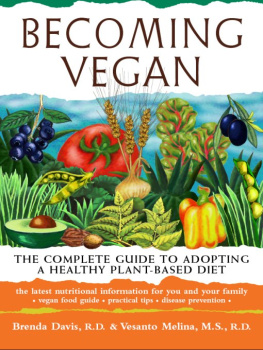
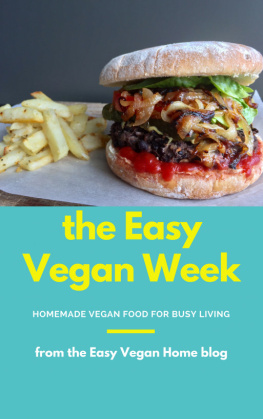
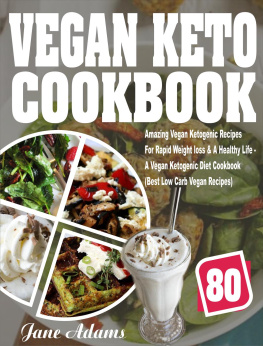
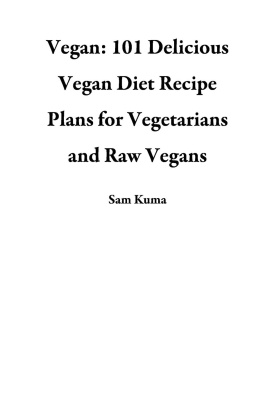
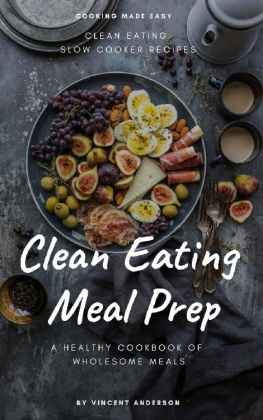
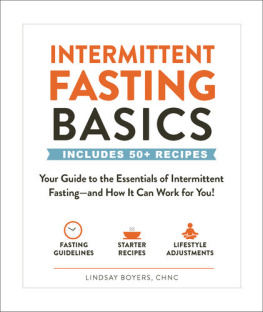
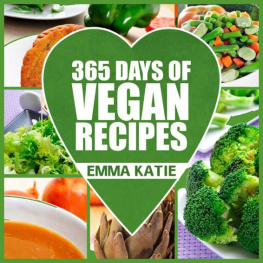
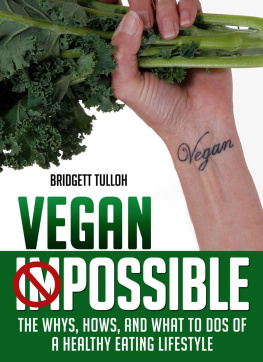
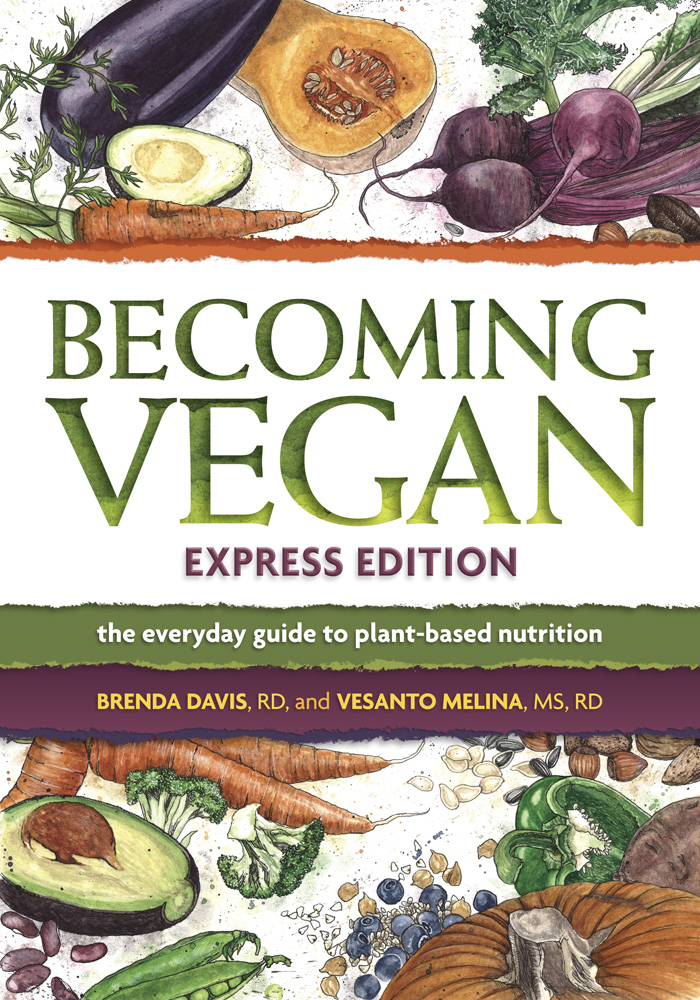
 Donald Watson, Dr. Frey Ellis, and the founders of the vegan movement
Donald Watson, Dr. Frey Ellis, and the founders of the vegan movement
